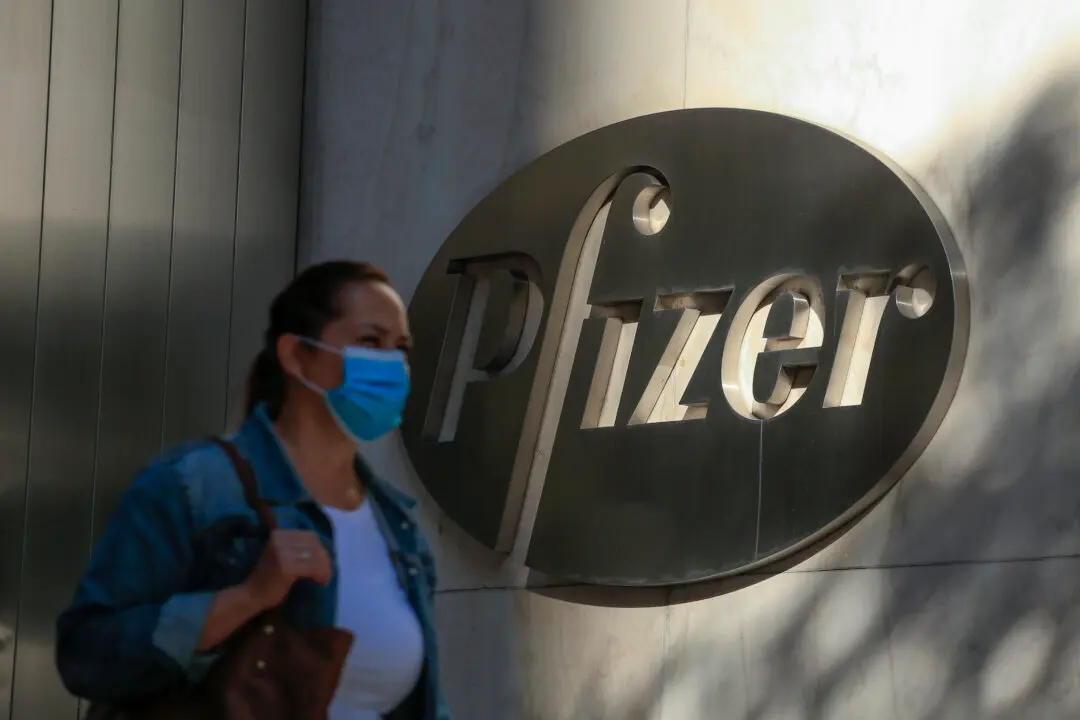Pfizer and its partner BioNTech could be open to lawsuits for including a DNA sequence in their COVID-19 vaccine.
The Public Readiness and Emergency Preparedness Act, known as the PREP Act, largely shields COVID-19 vaccine manufacturers from lawsuits, but companies can be sued for “willful misconduct,” which includes acts taken “intentionally to achieve a wrongful purpose.”





